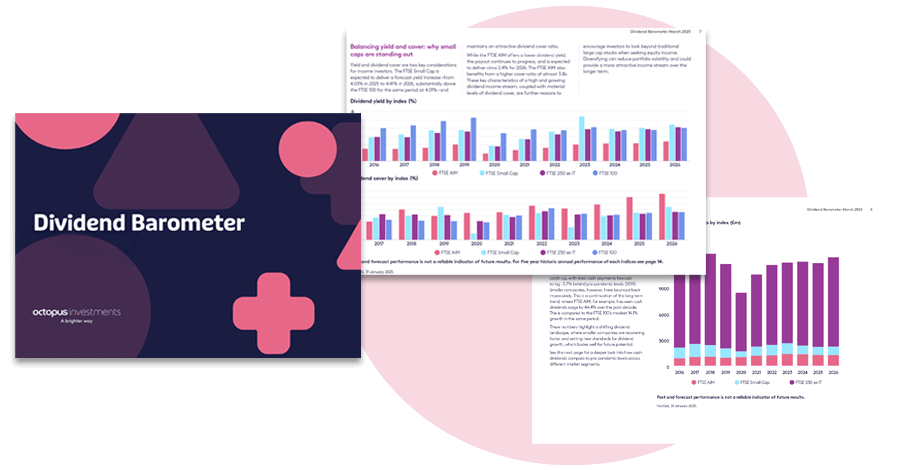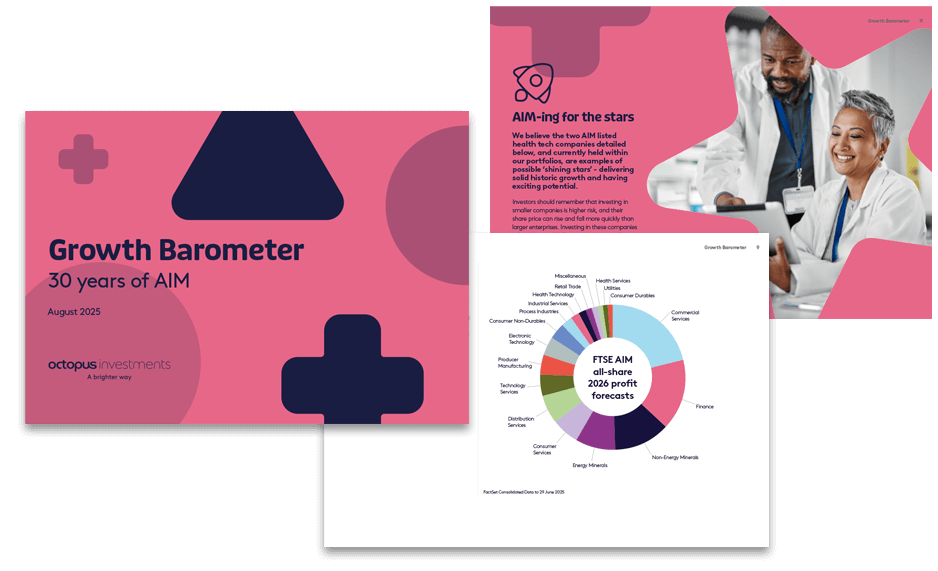WhitepaperInheritance tax
Gifts between spouses
Exempt gifts and annual gifting allowances
Last updated: 5 January 2026
Gifts between spouses
Gifts between married spouses or civil partners are free from inheritance tax.
Annual gifting allowance
Annual gifting allowance
Everyone also has an annual gifting allowance of £3,000 every tax year.
If you don’t use your full £3,000 annual exemption in a tax year, you can ‘carry over’ the remainder and use it the following year. However, you can only use this ‘carry over’ for one tax year.
Ask Octopus
Do you have a question about inheritance tax and estate planning?
Use our free helpdesk to Ask Octopus

Small gifts
Small gifts
You can also make small gifts (up to £250) to as many different people as you like, but you cannot use your annual exemption and your small gift exemption on the same person in the same year.
Wedding gifts
Wedding gifts
Wedding gifts are also free from inheritance tax, provided you keep within certain limits. You can make a wedding gift of up to £5,000 for your child, up to £2,500 for your grandchild, up to £2,500 as a gift to your fiancé, or up to £1,000 to anyone else.
Gifts to charities, political parties and museums
Gifts to charities, political parties and museums
Inheritance tax will not be paid on gifts made to charities, national museums, universities, the National Trust, political parties and some other institutions such as housing associations.
You can reduce the rate of inheritance tax (IHT) payable from 40% to 36% if you leave at least 10% of the value of your estate to charity.
Gifts out of normal expenditure
Gifts out of normal expenditure
Gifts can be exempt from IHT where they are made as part of normal expenditure, are made out of income, and the taxpayer is left with sufficient income to maintain their standard of living. HMRC likes to see a pattern of giving or intended pattern of giving, in order to be satisfied such gifts are deemed eligible under gifts out of normal expenditure.
Larger gifts which do not fall within these categories are typically viewed as chargeable lifetime transfers and potentially exempt transfers.
Tax legislation, rates and allowances are correct at time of publishing for the tax year 6 April 2024 – 5 April 2025.
For deaths before 6 April 2026, Business Relief investments (AIM or unquoted shares) held for two years attracts 100% inheritance tax (IHT) relief to an unlimited value.
From 6 April 2026, 100% IHT relief will continue for the first £2.5 million of combined agricultural and unquoted Business Relief qualifying property (e.g. sole traders, partnerships, unquoted companies). Amounts over £2.5 million will attract 50% IHT relief. Business Relief qualifying companies listed on the Alternative Investment Market (AIM), will attract 50% IHT relief irrespective of the investment amount.
Inheritance tax (IHT) calculator
Related resources
Related resources
IHT Toolkit
You can educate and nurture clients with these resources when having conversations about estate planning using this handy Toolkit.
Chargeable lifetime transfers
A Chargeable Lifetime Transfer (CLT) is a gift made during an individual's lifetime that is immediately subject to Inheritance Tax (IHT).
Potentially exempt transfers
A Potentially Exempt Transfer (PET) is a gift made during an individual's lifetime that may be exempt from inheritance tax (IHT) if the donor survives for seven years after making the gift.







